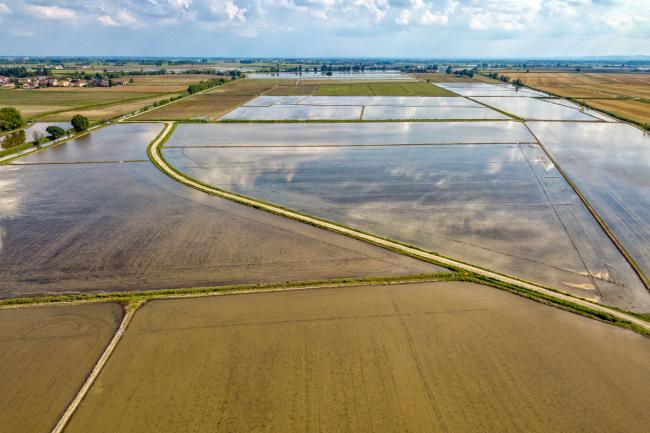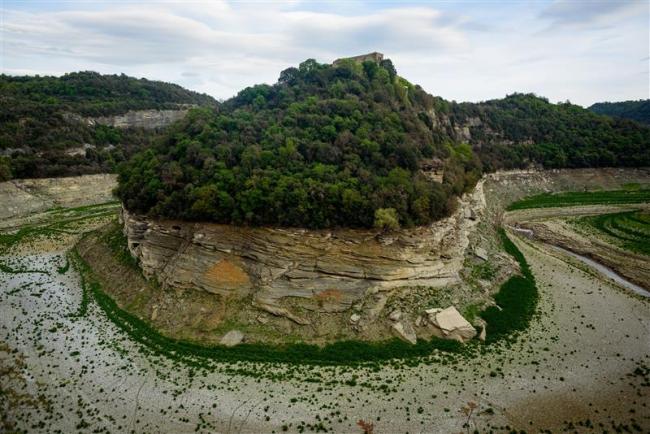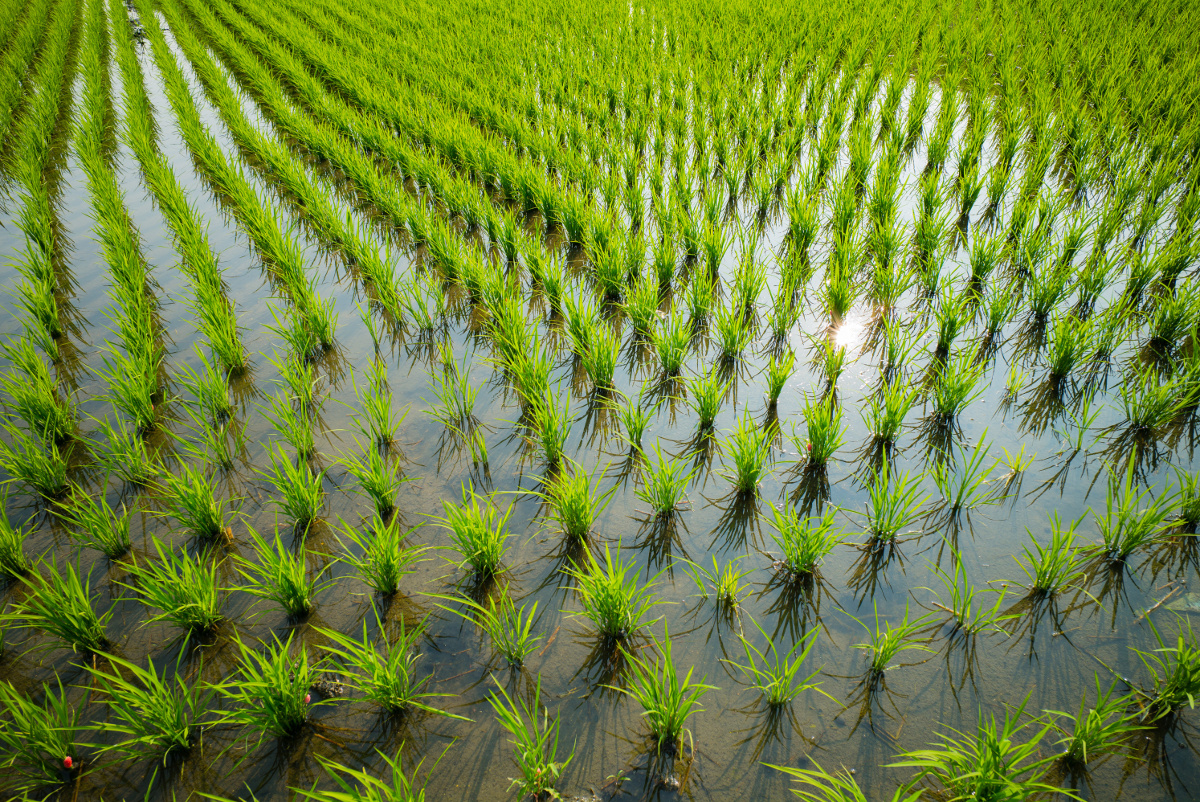Effective water balance and irrigation management are pivotal in addressing the pressing challenges of water scarcity, particularly in regions like the Mediterranean, which experience significant stress on water resources. The Mediterranean region is characterized by a climate that leads to limited water availability, with dry summers and frequent droughts, making sustainable water management practices essential.
Understanding Water Balance
Water balance involves managing the inflows and outflows of water within a system to ensure sustainable use. It includes the management of precipitation, surface water, groundwater, and evapotranspiration. An accurate assessment of water balance is crucial for devising strategies that prevent over-exploitation of water resources and ensure water availability for various needs. The Water Exploitation Index Plus (WEI+) is a key indicator in this context, representing the ratio of net water consumption to available freshwater resources, including upstream inflows. A WEI+ value above 0.2 indicates water scarcity, while values exceeding 0.4 suggest severe water scarcity.
Irrigation Management as a Solution
Irrigation is the largest consumer of water in agriculture, which is a predominant water-using sector in Europe. Improving irrigation efficiency is thus a critical strategy for conserving water and enhancing agricultural productivity. Traditional irrigation methods like surface and sprinkler irrigation result in significant water losses.

Transitioning to more efficient systems such as drip irrigation can substantially reduce these losses by delivering water directly to the plant roots, thereby minimizing evaporation and runoff.
Investment and Technological Advancements
The European Union has recognized the importance of improving irrigation efficiency and has integrated this into Member States' River Basin Management Plans and Regional Investment Plans. These plans aim to invest in upgrading irrigation infrastructure and adopting advanced technologies to increase water efficiency. However, the Business as Usual (BAU) scenario indicates that current investments may only lead to marginal improvements in water efficiency. For instance, the BAU scenario projects minor shifts from sprinkler to drip irrigation in several countries, suggesting that more ambitious investments are necessary to significantly impact water consumption.
Supplementary Strategies: Water Reuse and Desalination
In addition to improving irrigation efficiency, water reuse and desalination are emerging as critical strategies to enhance water availability. Water reuse involves the reclamation of treated wastewater for agricultural irrigation, reducing the need for new water abstractions. This practice can be particularly beneficial in Mediterranean countries like Italy, Spain, and Greece, where water scarcity is acute.

Desalination, though traditionally considered a last-resort solution, is becoming increasingly feasible as a supplementary water source, especially in coastal regions. It involves converting seawater into freshwater, thus augmenting water supplies without depleting natural freshwater resources.
Conclusion and Future Directions
To ensure water resilience and sustainability, it is essential to integrate these measures into a cohesive strategy that not only addresses current water scarcity but also anticipates future challenges posed by climate change. This requires coordinated efforts across sectors and scales, involving policy interventions, technological advancements, and stakeholder engagement. By optimizing water use through improved irrigation management and supplementary strategies like water reuse and desalination, the Mediterranean region can move towards a more sustainable and resilient water future.

